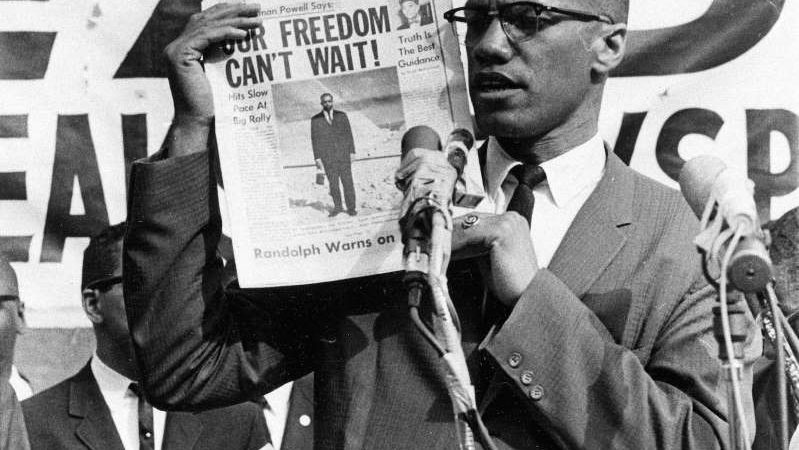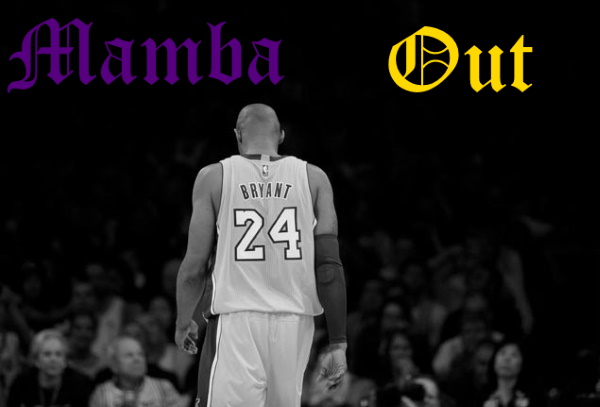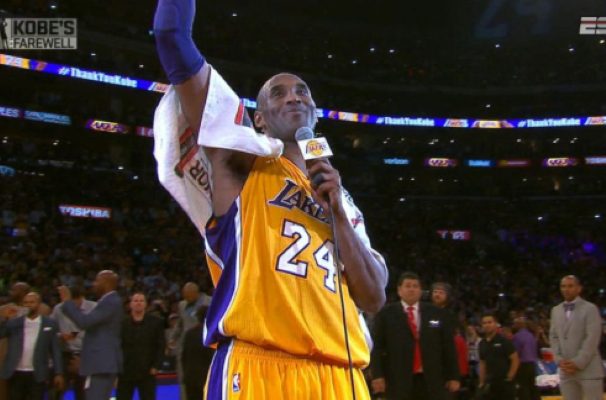Yeah I said it. All of your beloved artists who boast millions in record sales are misinformed or are straight up lying. As an individual that has been working inside and now alongside the music industry since the age of fifteen, I find it humorous that our people are now so concerned with an artist’s record sales. In all honesty though, we can attribute this misguided focus on the artists themselves.
Case in point, for months 50 Cent has been taking shots publicly at Jay-Z. 50’s recent album Before I Self Destruct flopped with only a poor 135,000 records sold first week. Rightfully so, at the recent American Music Awards Jay subliminally retorted with the now infamous “Men lie, women lie, numbers don’t” line.
50 Cent foolishly responded stating his sales he has amassed in the last six years surpassed what Jay has taken fifteen years to do. Media outlets far and wide ran with this back and forth tiff, but to quote the great Pimp C, “All them numbers fake mane!”
The “numbers” in question are sales data generated by Nielsen SoundScan. Nielsen SoundScan is an information system that tracks sales of music and video products throughout the country. Since 1991 stores across the country subscribed to Nielsen SoundScan send their sales info digitally. All the data is collected on a weekly basis and is released on Wednesday mornings to the music industry abroad. Sounds pretty straightforward right? Wrong.
Let’s start with the national chain superstores. Retailers like Best Buy, Walmart, and Target are widely recognized now as the go to locations to purchase music. When consumers purchase an album, the CD is scanned and accounted as one sale for that artist once reported to SoundScan. On the flipside, independently owned music stores, commonly referred to as “mom & pop” stores are treated differently. Here is where the scam begins.
Since not every single independent store across the country reports their sales to Nielsen Soundscan (Nielsen estimates capturing around 75% to 80% of all indie retail in the United States), most independent stores’ sales are weighted much higher than the expected one CD sale equals one SoundScan ratio. As far back as 2004, there were lawsuits against Def Jam that alleged album inflation based on flooding these indie stores with free CDs.
During my time in sales, I dealt with a very well known New York City independent store that was weighted as high as a 9. So if you purchased one album from this store in question, it was reported as 9 sales on that week’s SoundScan reports. As you can imagine, this skewed math can and has lead to hyper-inflated claims.
Nielsen’s theory behind “weighted” stores is to compensate for the stores who do not have SoundScan accounts. On countless occasions, Nielsen has been asked to release the hard and factual sales data to but they have refused. You would think Nielsen would want to appease their loyal customers of record labels that pay thousands of dollars a year for this information.
But Nielson has had a long standing policy of never releasing the actual factual numbers to the public, spinning it as the weighted reports offer a better representation of business being done on a weekly basis by record stores nationally.
So when you hear Jay-Z say “numbers don’t lie”, they do in fact lie. Especially when his former recording home Def Jam Records of more than ten years had a notorious reputation of buying their own artist’s product from stores or giving weighted stores free product to scan in order to influence chart position and first week sales. Additionally, did you know anyone can get a platinum album plaque made with no proper paperwork needed to be presented.
Point blank you’ve all been fooled. The entire music industry is based on a lie, and lies beget more lies. Therefore we all shouldn’t be surprised that 95% of what these rappers are saying isn’t true. Stop living the lie.
Follow Ipoppedoff on Twitter @ http://twitter.com/ipoppedoff
Follow Us on Twitter @ http://twitter.com/planetill
Join Us on the Planet Ill Facebook Group for more discussion






